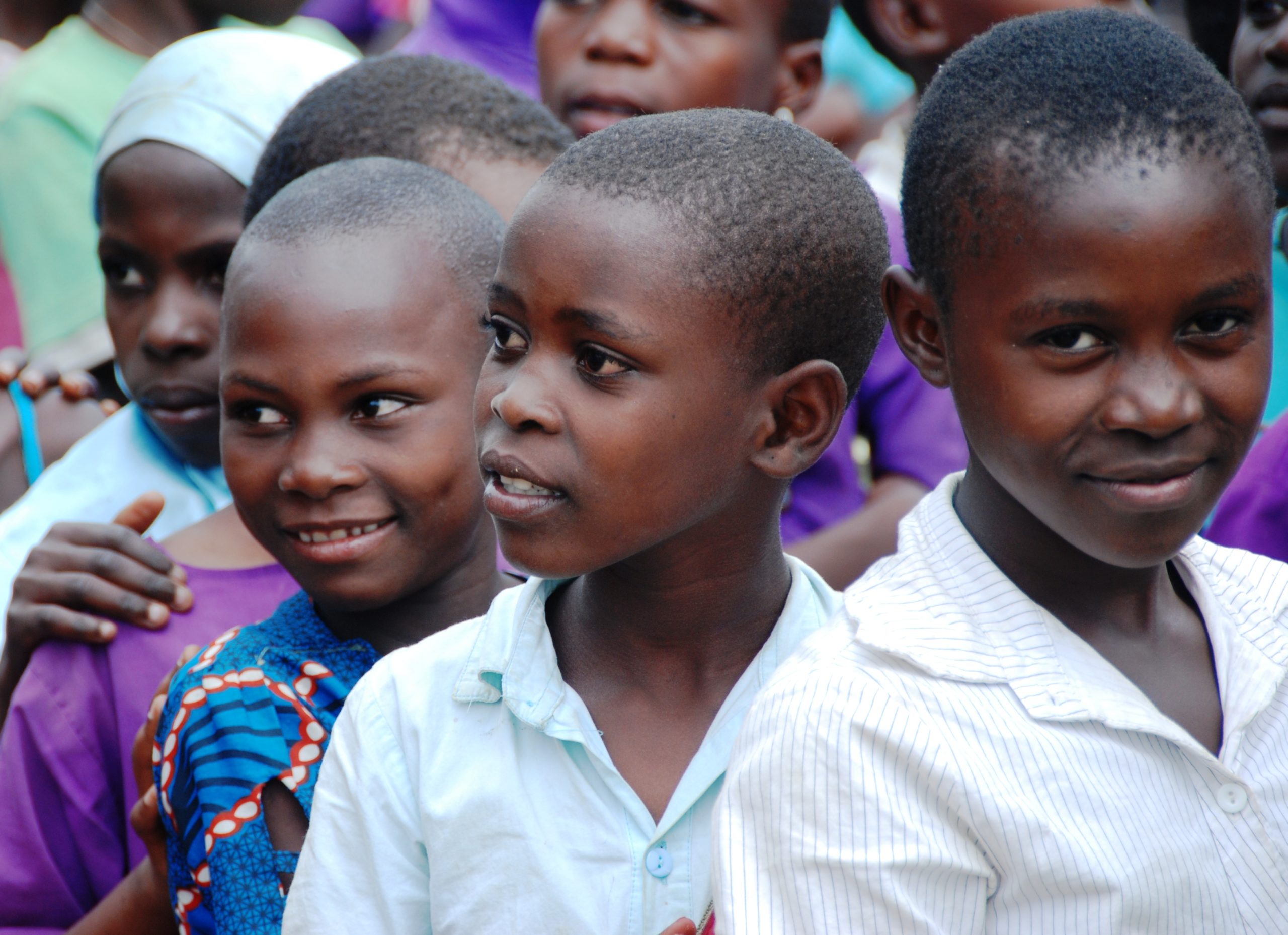To achieve impact on an issue so entangled with social (household, community and society at large), economic and legal/political issues, we will need to involve and engage with the relevant actors. In the programme we work with: civil society; market players; and state actors.
Actors
To achieve impact on an issue so entangled with social, economic and legal/political issues, we need to involve and engage with all relevant actors.
Private sector
Businesses have a responsibility to respect human rights. They are crucial to identify and understand the labour conditions and risks in their supply chain. Market players are domestic companies (including micro, small- to medium-sized business), trade or business associations, and multinational corporations.
State actors
Governments have a duty to protect human rights. They are responsible for protecting children’s rights and ensuring the realisation of their rights, including their right to protection and education. Therefore, state actors – local, district/regional, national and international governments or institutions – are essential in achieving our objectives.
Civil society
Civil society includes community-based organizations, often informal but with a clear community-based constituency, and CSOs/NGOs, which operate on a higher level and are formal and officially registered organizations. Civil society stakeholders will be included as implementing partners, strategic partners, as well as beneficiaries of some of the programme interventions.

